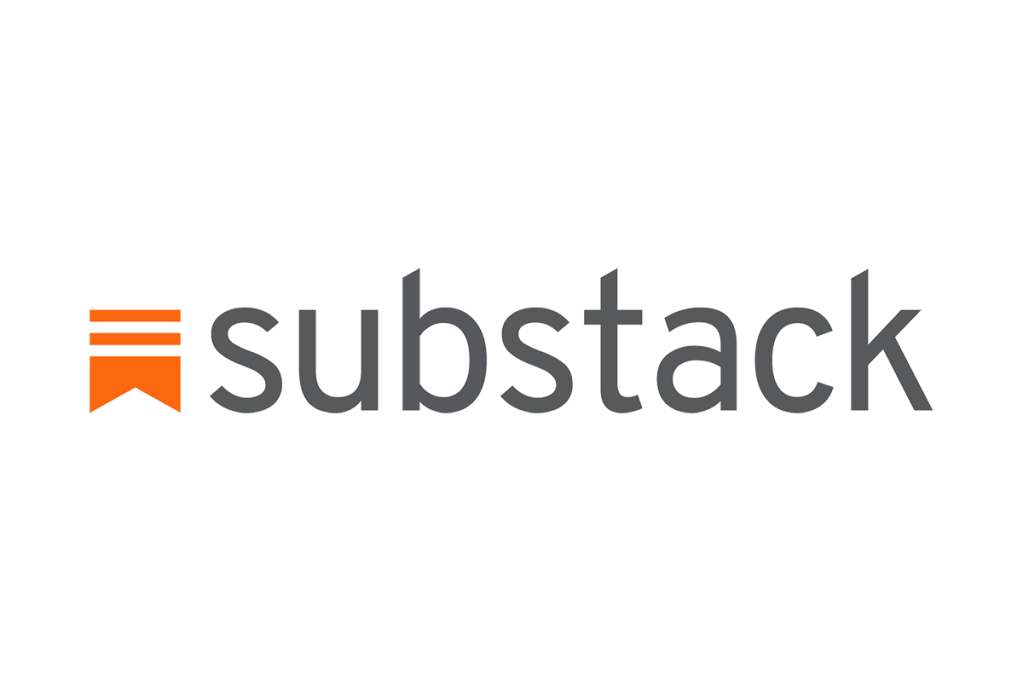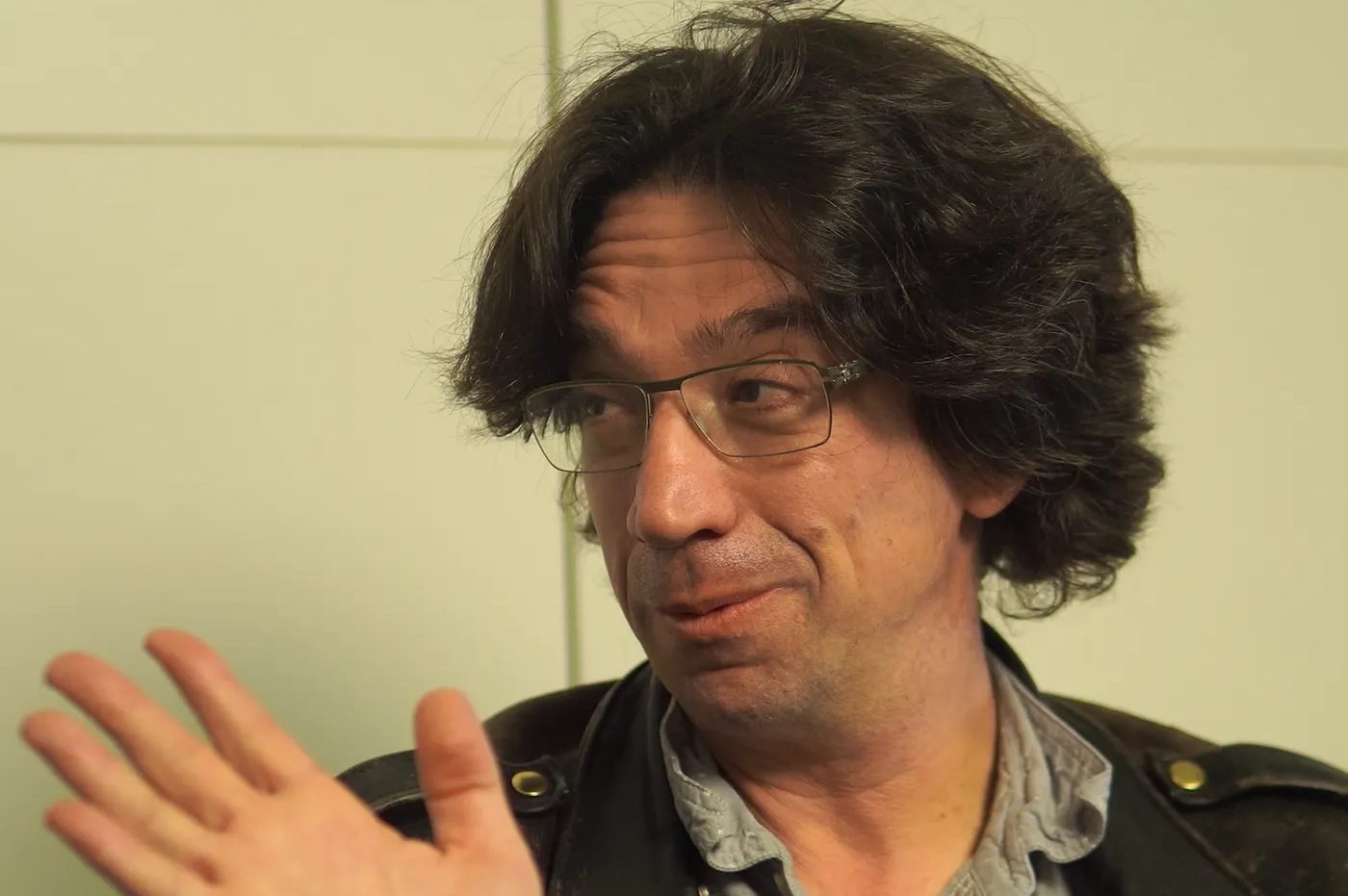The online platform Substack has attracted thousands of writers seeking an independent home for their ramblings in the past year. Finding a freelance writer without a Substack account is like finding a businessman who does not know the meaning of the word ‘LinkedIn’.
On Substack, you can publish your writing for free or offer readers exclusive essays and podcasts in exchange for paid subscriptions. Substack has also offered sizable advances to some notable writers to tempt them to the platform. (To declare an interest, I have a Substack but I have not been paid directly by the company. If Substack felt so inclined, I take cash, check or bank transfer…)
Different sorts of writers have found a home there: right-leaning commentators like Jonah Goldberg and Erick Erickson, left-wing journalists such as Judd Legum and Luke O’Neil, and a swelling pool of progressive authors who have struggled to fit in at ideologically conformist progressive publications. Among these are Matt Yglesias, Andrew Sullivan and Glenn Greenwald, who left Vox, New York magazine and the Intercept respectively to build their own platforms.
This development has not gone down especially well among progressives, with inevitable results. As The Spectator’s own Stephen L. Miller said in November, ‘It’s only a matter of time before the media tech hall monitors turn their attention to Substack.’
Well, here they come — sizing up the platform like mobsters sizing up a shop that has just opened in their neighborhood. Progressive journalist Ryan Broderick, who was fired from BuzzFeed last year for plagiarizing in numerous articles, calls these writers, as well as others such as Jesse Singal, Bari Weiss and Scott Siskind, the ‘Substackerati’. It is hard to think of them as a ‘cadre’, as Broderick does, when Greenwald has called Weiss ‘trite, shallow [and] cheap’ (to take just one example). I think a bit of a naughty trick is going on here, consciously or otherwise. Lump different people together and they will naturally bond in order to defend themselves against you. Then you can say, ‘Hah! I said you were a cadre.’
If Broderick was just making a misplaced criticism, though, it would not be interesting. What is interesting is how his criticism blurs into censoriousness. He writes:
‘It’s worth thinking about this group not as a collection of writers, but instead as a online subculture [sic] that lives on Substack. They operate like any other increasingly emboldened group of power users and I suspect they will be the first big community moderation issue for Substack as a platform.’
Community moderation? Why? Broderick’s only justification for this claim is the harsh criticism Greenwald has leveled against the New York Times reporter Taylor Lorenz. Broderick is harshly criticizing Greenwald. Where is the crucial difference? And what does it have to do with Yglesias, Sullivan, Singal et al?
Let’s pause for a moment to consider the ridiculous expansion of progressive concepts of sinister right-wing demagogues. Matt Yglesias is the author of One Billion Americans, which argues for the extensive liberalization of immigration laws. Andrew Sullivan was perhaps the leading advocate for the establishment of gay marriage in the US. Glenn Greenwald, unlike most of us commentators, has put his body on the line for his beliefs by opposing Brazilian nationalists. I’m by no means saying that leftists can never disagree with these men — God knows we have debates on the right that must look like the products of the narcissism of small differences to our rivals on the left — but are they sinister reactionaries? Come on.
For some, the answer is yes. According to the writer Jude Ellison Sady Doyle, one reactionary feature that the ‘Substackerati’ share is virulent transphobia. She has left Substack because it is a ‘haven for online transphobia’ in which ‘extreme anti-trans talking points’ spread that cause ‘death and suffering’. You might think from this description that these writers drool with vehement hatred towards trans people. Actually, her biggest complaint is about Singal ‘portraying trans children as confused’. You would not know from the piece that Singal has denounced attempts to ban the administration of puberty blockers to young people. Even if he hadn’t — are we at the stage where thinking young people can be dramatically confused about their identity is unsayable? Doyle is not calling such a sentiment wrong but actually beyond what should be allowed to be said.
I’m not someone who thinks Substack will radically transform the media. It’s in essence a revival of the blogosphere, which gave writers independent outlets, and readers more diversity of choice, but never replaced that part of us which appreciates the editing, curation and element of surprise in organized multi-author publications. If nothing else, after signing up to just a few of the Substack projects I am interested in I cannot look at my inbox without seeing 100,000 unread emails. It is almost enough to make a man buy a newspaper.
Still, Substack offers a valuable alternative, especially for niche and heterodox writers and writing. This is what makes it an object of suspicion. I wouldn’t be so naive as to suggest that publishing platforms have no need for content moderation. Most of us are very comfortable with excluding violent threats and other forms of advocacy for illegal behavior. But such furious attempts to problematize and exclude such mainstream and reasonable thoughts and thinkers illuminate the extent to which this is about control rather than serious concern. The focus on progressives with unorthodox opinions rather than actual right-wingers renders this all the more comically obvious.
This might make it sound like I think commentators such as Broderick and Doyle are making a tactical mistake. Actually, I fear that the opposite is true. Portray people such as Matt Yglesias, Andrew Sullivan and Jesse Singal as radical seditious commentators lurking on the border of acceptability and anyone who is actually right-wing is definitely on the other side. That’s why it is important to give attacks on the platform no credit at all.

























